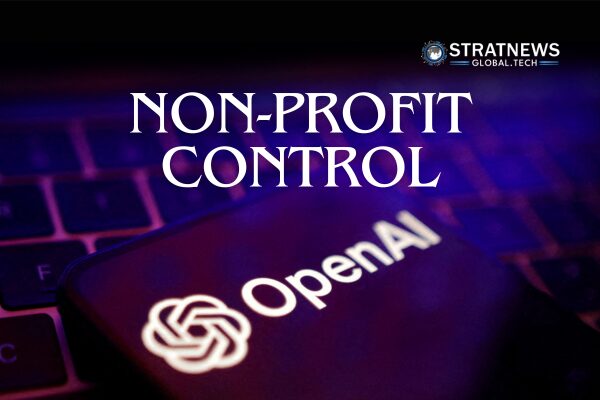OpenAI Moves to Retain Original Mission While Adopting Public Benefit Model
OpenAI has announced that its non-profit board will continue to oversee its artificial intelligence ventures, including ChatGPT. This decision reverses earlier efforts to give more independence to its for-profit operations. The change follows extensive discussions with civic leaders and the attorneys general of California and Delaware.
CEO Sam Altman shared the update in a letter to employees, confirming that OpenAI’s non-profit foundation will retain control. Altman and Bret Taylor, chair of the board, explained that the decision reflects the company’s commitment to balancing innovation with ethical responsibility.
Shift to Public Benefit Corporation
OpenAI’s for-profit entity, responsible for raising billions in funding, will transition into a public benefit corporation (PBC). This structure still allows for-profit activity but requires the company to consider the impact of its actions on the public and its mission.
The non-profit organisation will act as a major shareholder in the newly formed PBC. This setup ensures continued alignment with OpenAI’s foundational goal: the safe and equitable development of artificial general intelligence (AGI).
Navigating Legal and Ethical Challenges
Founded nearly a decade ago by Altman, Elon Musk, and others, OpenAI was established as a non-profit research lab. Its original mission was to develop AGI that benefits humanity as a whole. Since then, the company has grown significantly, boasting a reported $300 billion market valuation and 400 million weekly users of ChatGPT.
Efforts to restructure its governance faced complications, particularly a legal dispute with Musk. He claims OpenAI strayed from its founding ideals. In response, OpenAI has accused Musk of acting out of rivalry, especially after he launched his own AI firm, xAI, and acquired X (formerly Twitter).
Despite these tensions, OpenAI’s latest announcement clarifies its stance. The firm remains committed to public benefit while adapting its structure to meet the needs of a rapidly evolving industry.
with inputs from Reuters


